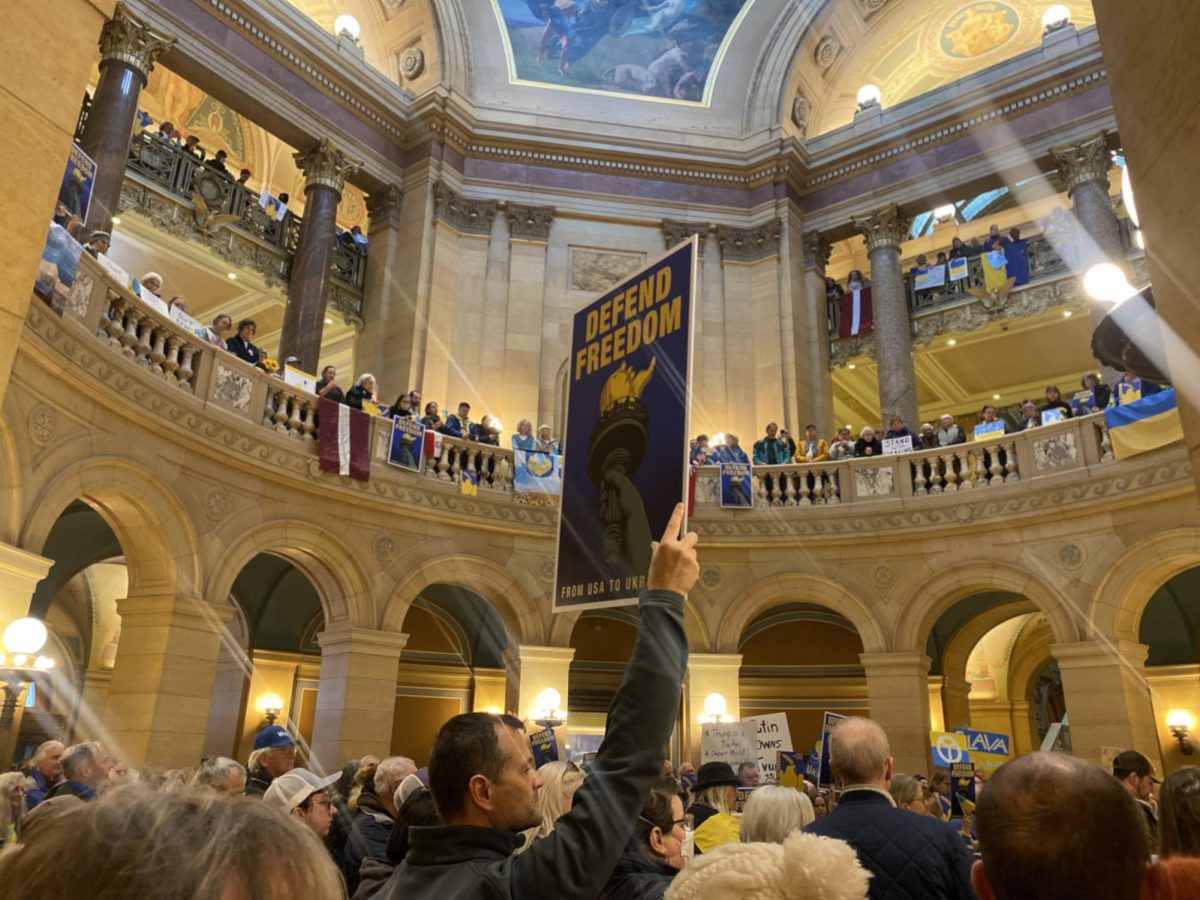A University of Minnesota program is a part of a statewide mission to make health care more age friendly.
The program, referred to as Minnesota Northstar Geriatrics Workforce Enhancement Program, has five main goals that revolve around promoting age friendly health systems in Minnesota, such as focusing on dementia care and support. Within the University, medical directors and staff from the Smiley’s Clinic and Community-University Health Care Center are working to meet these standards.
“What we’re trying to do is work with all of those organizations and the state … to have the GWEP project be a major player that will coordinate into that domain of addressing the health of older adults,” said James Pacala, University professor and head of the Department of Family Medicine and Community Health.
The project began when Pacala’s department was awarded a $3.74 million award from the U.S. Health Resources and Services Administration, which began in July.
The age-friendly health systems movement began nationwide in 2017, he said. In order to be age-friendly, the clinics have to address what they call “the four M’s:” what matters to the patient, mentation, medications and mobility.
“There’s this huge observation out there … where we have shown, demonstrated through research, that care can be improved, and we can get better outcomes,” Pacala said. “Yet we just don’t have the healthcare systems yet that are incorporating those changes into healthcare.”
Joseph Gaugler, a University professor at the School of Public Health, is a leader of outreach in the program and directs the work that provides dementia education.
“My goal is to visit every county in Minnesota to provide education and outreach. That’s the GWEP program,” he said.
More than 100,000 people in Minnesota have dementia, and many caregivers are unpaid and require support, Gaugler said.
“A major, major issue that’s facing the state of Minnesota — and really throughout the U.S. — is the geriatric workforce shortage as well as the lack of education,” he said. The GWEP program will offer a wide range of resources to fix this.
GWEP is also involved with the work that Gov. Tim Walz is doing to make Minnesota age-friendly. Last December, Walz signed an executive order to establish a Governor’s Council for making Minnesota age-friendly. The names of the members of that council were released two days ago.
“The purpose of the council is to explore ways that the state can support this age-friendly concept,” said Councilmember Rajean Moone, the University faculty director for Long Term Care Administration and the executive director of the Minnesota Leadership Council on Aging.
The council will make recommendations to Walz about how to move forward in making Minnesota officially age-friendly, he said. This designation requires addressing eight different domains, including health.
“2020 is the first year we have more older people in Minnesota than we have children in elementary, middle and high school put together,” Moone said. “This gives us amazing opportunities to ensure that our communities are vibrant, livable places, and we know that clinic system physicians play a very important role in that.”








